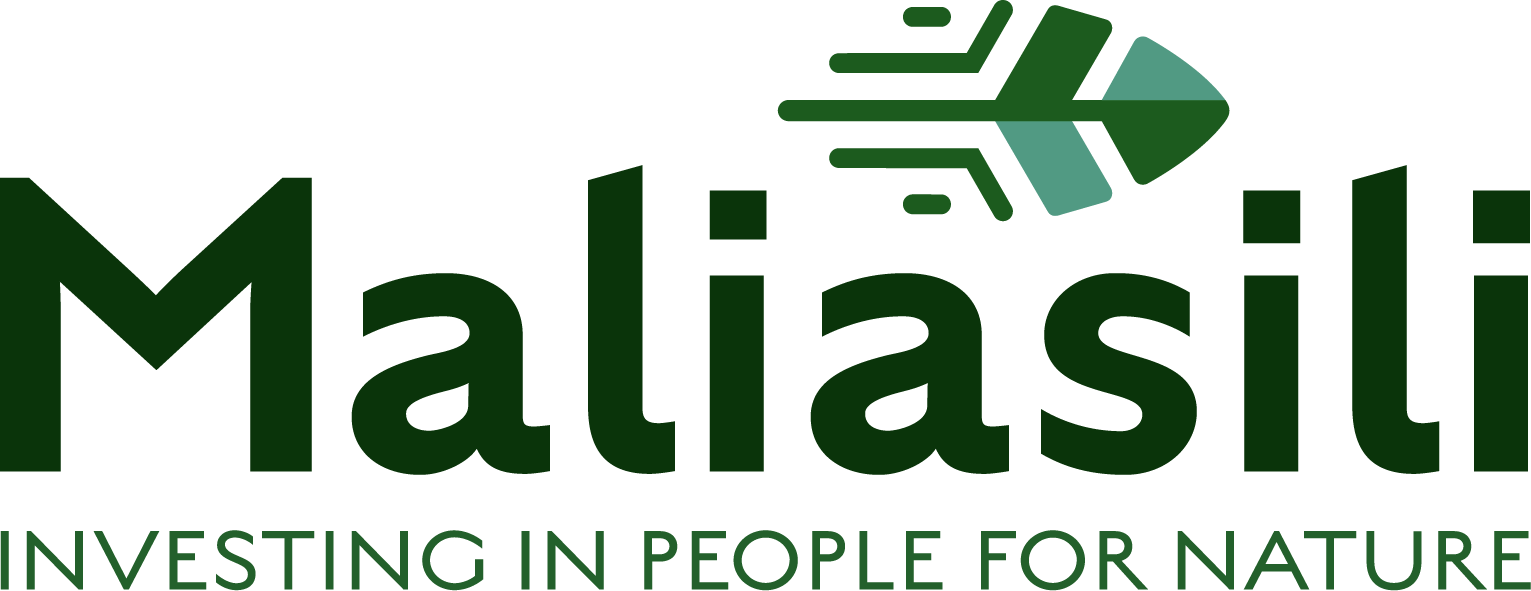Effective advocacy - influence for impact
Influencing matters in conservation
Conservation needs strong and capable influencers who can help change things for the better. These changes might lead to improved policies, more funding, or a seat at the community decision-making table.
Large conventions, such as the African Protected Areas Congress taking place in Rwanda next month, present important opportunities to influence others. This Reader provides tips to guide you. We’re focusing primarily on in-person opportunities, but many of these tips can be applied to advocacy efforts more broadly.
Always start with the “what”. What are you trying to achieve? What needs to change?
Ask yourself this question to help you gain clarity and remain focused. You’re probably not suited to influence all decisions, ideas, or thoughts. Rather, focus on where you're most likely to achieve the greatest impact or desired outcomes.
Then determine who you need to reach.
Once you know the “what” then you can identify the “who.” Who must you reach to bring about change? Whose opinions, ideas, and decisions do you need to influence?
Now think carefully about your audience:
Who do they listen to and trust? Is it community members, religious leaders, donors, government officials, politicians, or academics?
How do they get their information? Examples could include newspapers, emails, websites, radio, WhatsApp groups, or meetings.
How do they like this information presented to them? Is it through stories, data, scientific reports, presentations, or bullet points?
What do they care about? This could include local livelihoods and wellbeing, conservation benefits, endangered species conservation, indigenous/local peoples' rights, etc.
Understanding your audience well, and taking the time to do adequate research on them, will help you to determine the best approach you should take to be heard.
Demonstrate your credibility and knowledge.
Whether in-person or online, make sure you consider how you are perceived. Be clear, informed, prepared, and factual.
Have a ready "elevator pitch" to convey your key points clearly and concisely.
Immerse yourself in your topic area and build expertise - keep up-to-date and informed on this topic and the positions and views of others.
Communicate with integrity and accuracy.
Always offer to share the knowledge you have acquired to help build your reputation.
Establish common ground.
While you might feel like you have nothing in common with the person you want to influence, you do. This person has feelings, families, career goals, and values. Try to identify something that you both can agree on, such as national development or environmental goals. Then, you can go from there.
Creating this human connection is critical when you have differing opinions or perspectives on things. Think about how people behave and respond in various scenarios.
Listen.
No one wants to be lectured. Be curious, and listen genuinely. You don't have to agree, but you will learn more about people and where they're coming from. Listening carefully and understanding their perspectives will help you gain their respect, which is key as you work towards your influencing goals.
You’re not alone.
Small organizations typically cannot influence significant decisions and policies on their own - especially on a regional or global scale. You’ll find that joining other like-minded organizations and partners can create a more significant movement and a stronger push for your agenda to be heard and acted upon.
Think long-term.
Change rarely occurs overnight, especially when it comes to big change. Be patient, and have a long-term plan. Be willing to adapt and learn, and always remember to keep your goal “top of mind”.
Here are some specific tips if you'll be attending the African Protected Areas Congress from Dr. Holly Dublin.
Dr. Dublin is a veteran of the international conservation policy space as a former Chair of the IUCN African Elephant Specialist Group, Chair of the IUCN Species Survival Commission, and adviser to communities, organizations, and governments.
See and learn the faces of key people - even during breaks: READ BADGES.
Always offer to share the knowledge you have acquired (from wherever, about whatever).
Make introductions for people whenever you can: you have to give to get.
Have a ready “elevator pitch” to get your key points across clearly and concisely.
Buy someone a coffee if you need quality time for them to understand your message.
Use your language skills or local knowledge to help others.
Don’t hang out with your buddies and the people you already know - have quick, almost imperceptible touchpoints - then go on to the people you need to know and influence.

